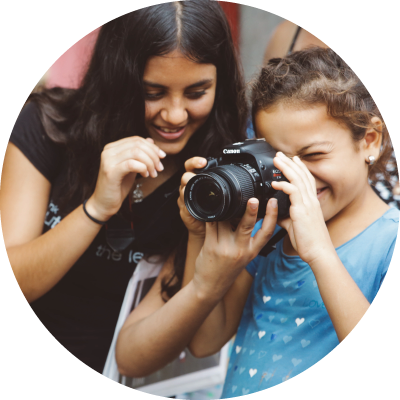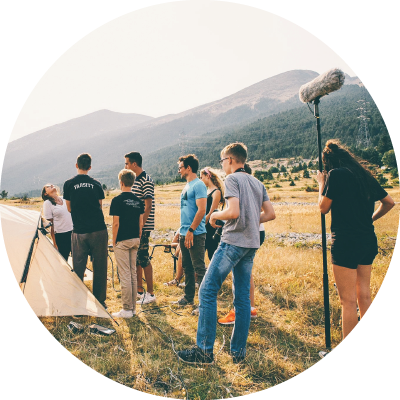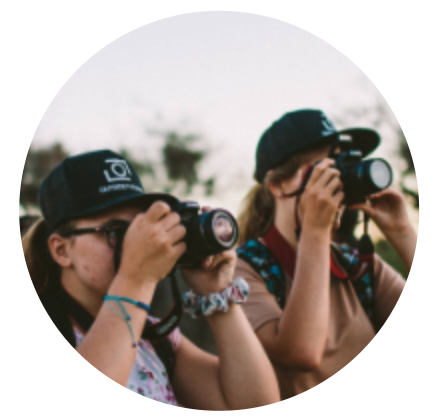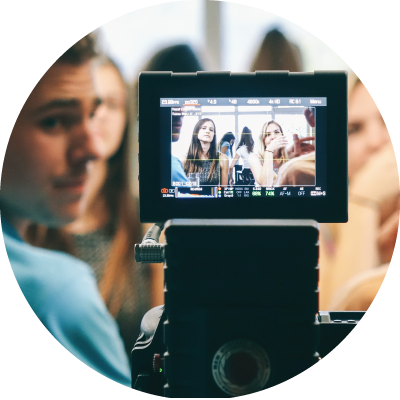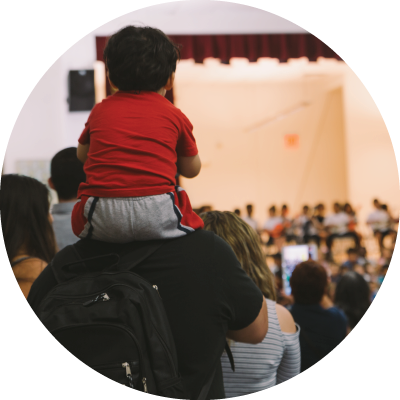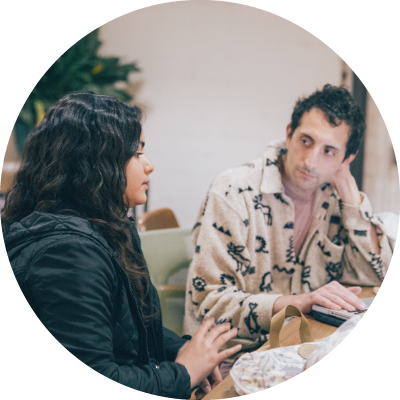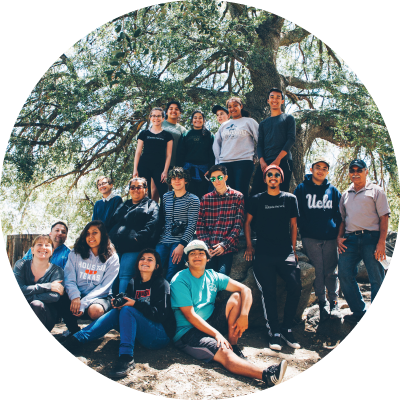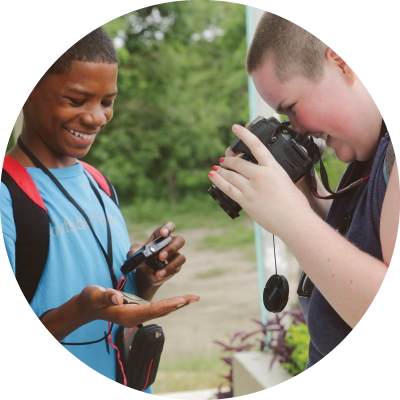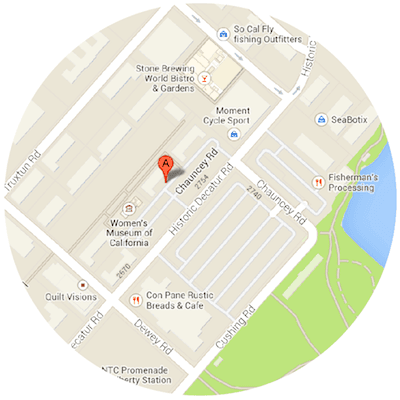Cameras Across Cultures with Lucy Eagleson
A HOME AWAY FROM HOME
By: Lucy Eagleson
For the past 7 years, Outside the Lens has partnered with the U.S. State Department and the Mediterranean Film Festival to present MFF School, a 10-day narrative and documentary filmmaking workshop held in Široki Brijeg, Bosnia-Herzegovina, where students pitch, write, produce, and edit films that are screened on opening night of the festival.
“My favorite moments on set are those few seconds of silence between ‘quiet on the set’ and ‘action’. It is as if time stands still and we are ready to create.” One of our cinematography students, Katarina, reflects on her most memorable feeling on set. There is something incredibly magical about those moments, when we stand together watching something come to life right in front of our eyes. It is an honor and a privilege to work, learn, and create alongside the over sixty students, mentors, and educators who have been part of the MFF School program through the years.
My own path into education started when this program was initiated. In 2012, an ambassador at the U.S. State Department asked if I would like to come and teach a youth film workshop at the Mediterranean Film Festival in Široki Brijeg, Bosnia-Herzegovina. I immediately accepted the offer to teach even though I had no prior teaching experience.
It was a sort of homecoming for me. It was a chance to return back to a country where I had lived and worked from 2007-2010 in Mother’s Village, an orphanage for children whose families could no longer care for them. It was there that I received what I consider my most important education - a school of life and love in many ways. It was a safe place where understanding, connection, and differences were embraced. Where struggle was championed. Where creativity was celebrated. And most importantly, where love was inextricably woven into the simplicity of our everyday lives. MFF School was an unexpected invitation to grow into an educator and artist, bringing my passion for film together with these special lessons learned.
On the day I left Mother’s Village to get my Master’s degree in film production at USC, I remember walking out the back door of our house and, with tears streaming down my face, I turned around to take one last look at a place I called home for those three years. In her stark Croatian tone, one of the nuns I had been working with said, “My dear, you walk out that door today far better than when you walked in it.” Off I went to Los Angeles, not knowing that I would return many more times not only through that same door, but towards new horizons, expanding my creative work as a filmmaker and educator in Bosnia-Herzegovina and places beyond.
Her words from that day have always stayed with me. They are at the core of every community, classroom, and learning environment I walk into. It is simple: My hope is that educators and students alike walk out the door better than they came in. That transformation can come in many shapes and sizes, but this simple approach remains the north star of my creative process.
MFF School has become a visible expression of this philosophy, but more importantly my greatest teacher. It has challenged me to meet the growing needs of diverse students and mentors, to embrace ever-evolving camera and production technology, and to push the limits of cinematic storytelling. It has taught me to take risks on all sides of the camera and to trust in the beauty of the creative process.
Barbara Bubalo, a directing, writing, and acting student in the program for five years, and a writing mentor for the past two years, encapsulates her experience: “We did something, we made something, and it is good.”
This is the essence of storytelling. It is in exploration that we arrive at our destination. Our young people are often looking for a place to belong, a place to arrive home. We can create this place for them not only in production on set, but in classrooms, community centers, and cinemas everywhere.
I believe that every voice matters.
We cannot expect to go into communities and tell the stories of others, rather we must equip them with the technical and artistic skills necessary to speak their own truth. I love being part of the team at Outside the Lens - bringing cameras into the lives of young people from refugee, migrant, low income, and military families, as well as individuals with developmental disabilities, those who identify as LGBTQ, and those impacted by homelessness, domestic violence, and the juvenile justice system. The one commonality amongst us all is simple: We all have a need to be seen.
From capturing a moment of time in a photograph, to making a film that challenges us to see a new perspective, the frame can speak louder than words ever could. There is immense power in the camera. The power to seek. The power to find. The power to tell.
Stories spark within us a sense of boundless curiosity about the human condition. We are all authors of our own journeys. Through every victory and failure, gain and loss, each of us is composing a complex narrative. These stories belong to us as individuals, but together they make up the magnificent collective that we call humanity.
By embarking on this storytelling journey together with our students and co-creators, we can all arrive home.
We are able to not only uncover narratives from the past, but more importantly work to create narratives that speak to a better future. In creating and collaborating with each other, we can re-imagine, re-shape, and re-work our world into a better place. When we take a look through the lens together, we can see the world not as it is, but rather what we envision it to be.

